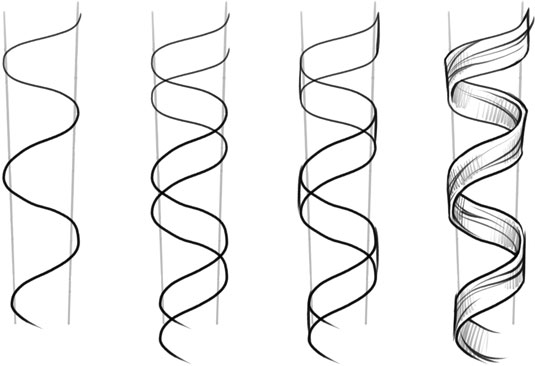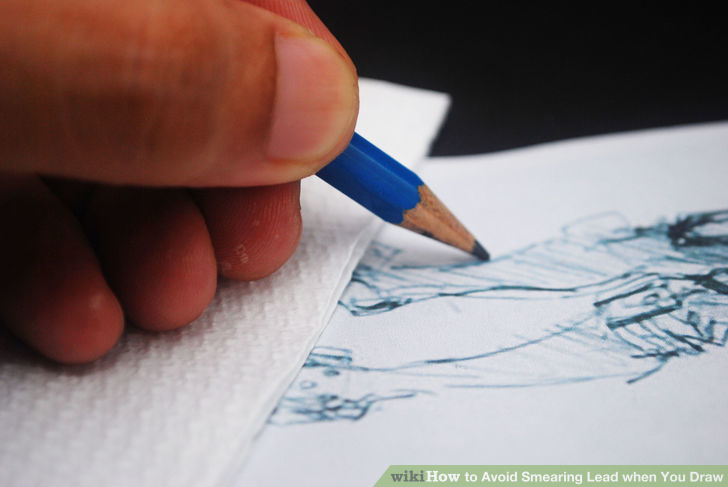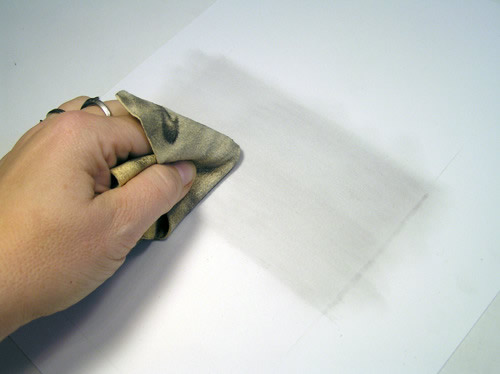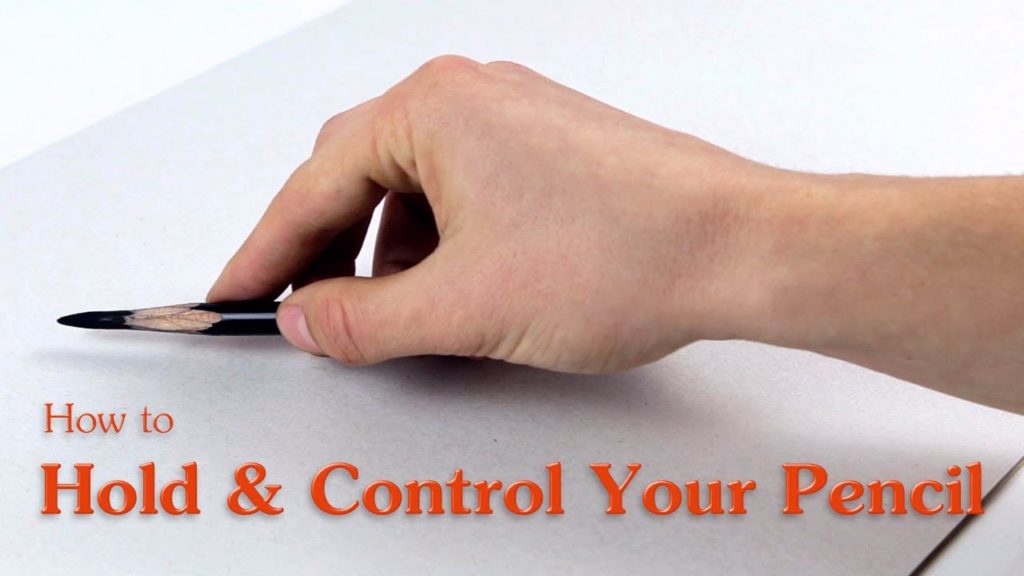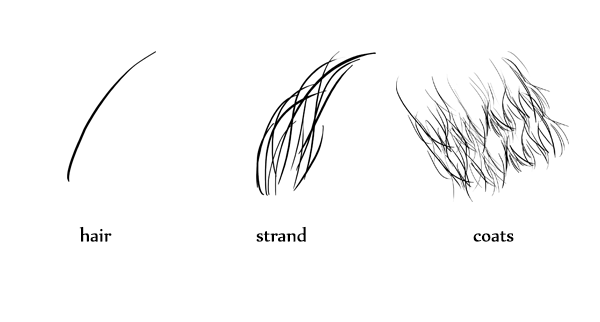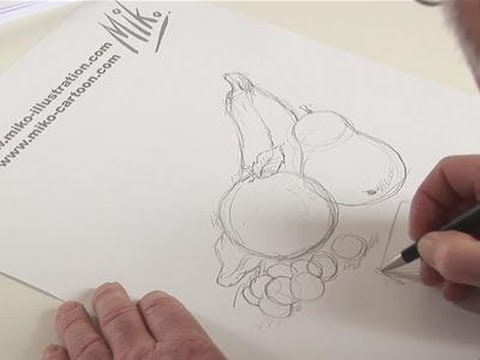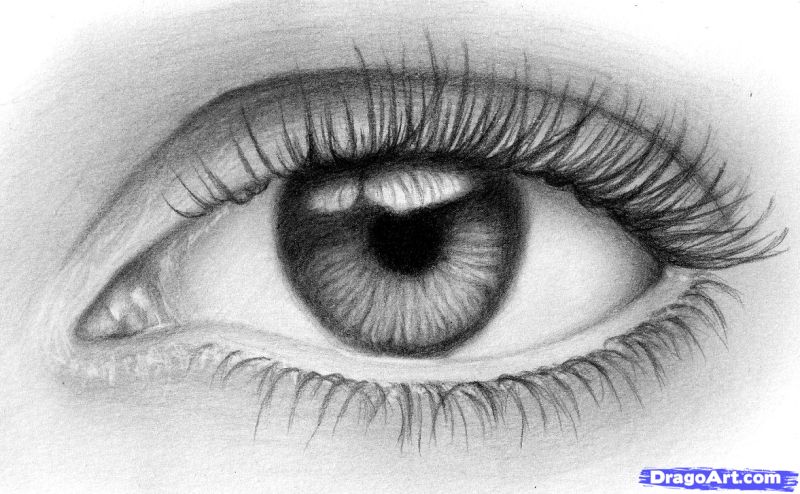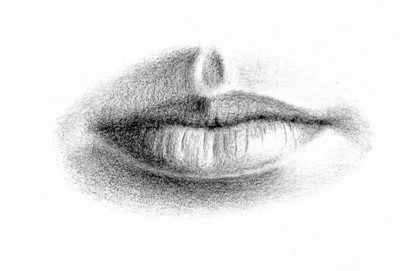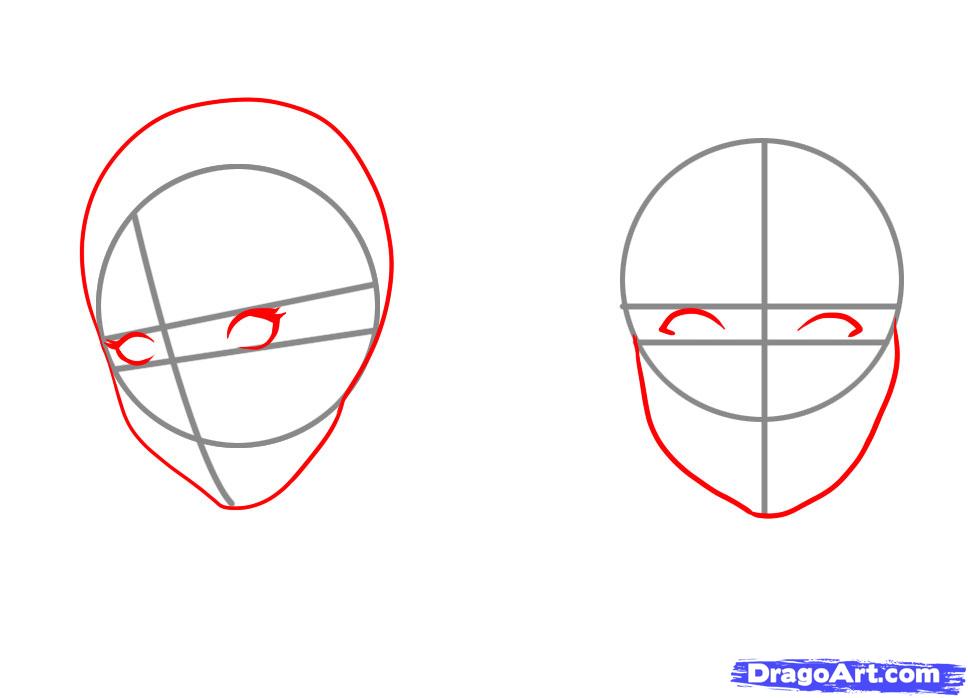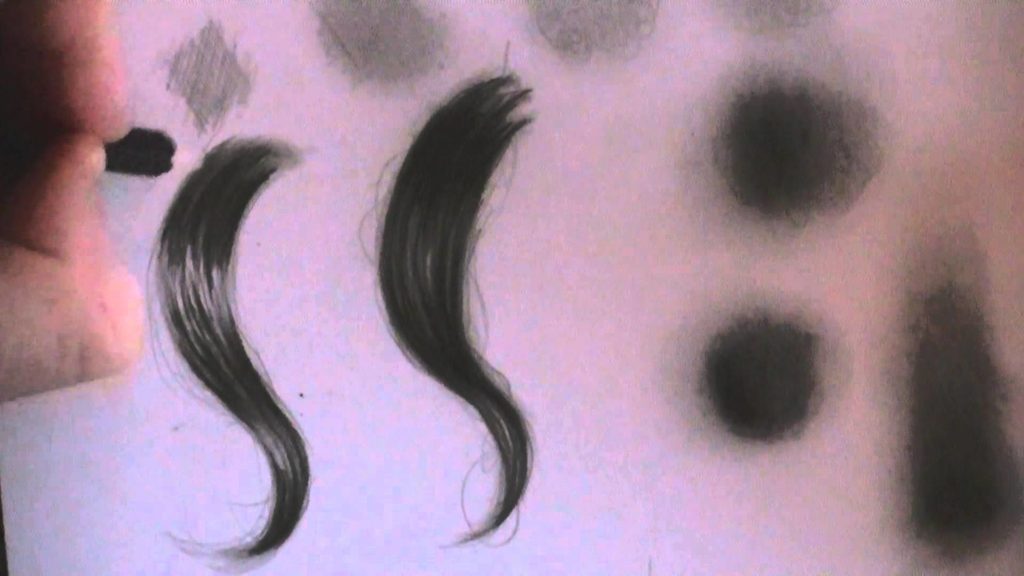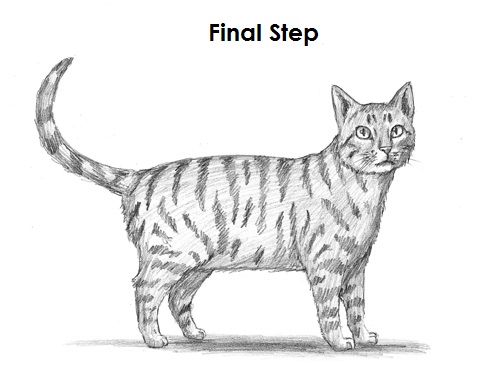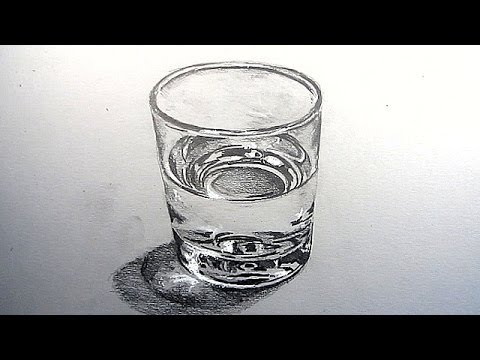Simple Techniques in Drawing
(Beginners)
Have you always enjoyed sketching and doodling, but you’ve never actually tried your hand at real drawing techniques before? Drawing is something that we really recommend everyone tries at least for a little bit in their lifetime! Life any art or skill, it takes a lot of practice, but you’ll feel accomplished when you see how quickly your abilities develop.
1. Draw curly hair
Creative Bloq teaches you how to draw curly, textured hair starting from just a squiggly line measured out between two tapered parallel ones. They clearly map out how to add dimension and depth to each curl by adding another slightly staggered wiggly line and building the strand from there.
2. Avoid smudging
Wiki How shows you the best technique for avoiding smudges on your drawings particularly if you prefer sketching in pencil! This tip works for everyone, but it’s especially important for left handed artists. People who draw with their right hand might smudge their work if the piece is big enough that you have to reach across it, but left handed people reach at an angle that sets their hand over their strokes more often.
3. Draw sky and clouds
Art in Construction guides you through the process of filling your paper with a smoky, smudged effect in order to create a sketched out sky that has depth just like the real thing, rather than just leaving the top section of the drawing blank, matte, and flat. Smudging with a cloth helps to give you more control of how evenly you rub that portion of the drawing.
4. Hold and control your pencil properly
Proko reminds you that holding your pencil properly is crucial for controlling it and making it perform the way you want it to. The most control you have, the more precise your lines and details will be. They’ll even give you tips on when and were to apply pressure while you draw.
5. Sketch animal fur
Tuts Plus points out that drawing shaggy animal fur isn’t always the same as trying to draw human hair. Animals with fur coats have hair that sits in thick, often uneven layers, while human hair flows and moves more easily. Believe it or not, these things can actually be reflected in how you draw each strand!
6. Sketch light and shadow
Idiot’s Guide shows you how to show distance and perspective in a drawing by using simple, easily mimicked shapes to highlight how shadows and light change depending on how you want the object you’re sketching to be positioned.
7. Sketch fruit
Scribble suggests using fruit as a practice for still life drawing, allowing you to perfect your shapes, strokes, shadows, and highlights while the object of your study sits still and accessible to you. If you really want to pracitce, try drawing the same fruit from different angles!
8. Sketch an eye
DragoArt shows you that the trick with sketching eyes is shading properly so they appear to have some life to them. If you simply draw a flat, un-angled sketch of an eye shape without paying attention to reflections and depth, the person you’ve created will look as though they have no depth or emotion.
9. Sketch a mouth
Learning to sketch features step by step is the best way to eventually piece together an entire face! First, try learning to sketch a mouth and a set of lips by following the steps on Arty Factory. Once you mastered those, you’ll be able to start playing with lip and mouth shapes to create people who look very different and have different characteristics or physical traits.
10. Sketch a face
Have you practiced your facial features like crazy and now you feel like you’re ready to put them all together? Well, you’ll need to put them somewhere that makes sense, so take a look at DragoArt and learn how to draw basic face shapes before you try to construct a whole person!
11. Draw straight hair
Gavin O’Donnell reminds you that even the straightest of hair sits at angles and moves in different directions, rather than just laying straight and flat against a peron’s head and face like you might see in a quick sketch of a stick figure. Learning to draw strands in which the individual hairs are discernible is the main task.
12. Sketch a tabby cat
How 2 Draw Animals shows you how to draw a simple tabby cat that makes a great (and totally adorable) starter sketch for putting what you learned above about animal fur to good use. You’ll also get practice shaping a facial structure that isn’t just the average human face.
13. Sketch a spaniel dog
Christopher Hart teaches you how to sketch a dog in a cartoon style, rather than a life mimicked method. We think this is awesome! You can adjust what you learned drawing this dog later on when you decide to learn about sketching dogs that look more immediately realistic too.
14. Sketch trees step by step
Okay, so we know you’ve probably been drawing trees in some capacity since you were old enough to pick up a pencil, but now it’s time to make them look like the real thing! DragoArt guides you through the process of shading and angling that will help you create a wilderness scene as nice as this one.
15. Sketch a glass of water
If you’re really look for a challenge when it comes to realistic drawing and reflections, then check out how Circle Line Art School suggests drawing a glass of water. It takes some practice, as it’s a little more complicated than the 2D version you might have drawn in primary school where the surface of the water was just a straight line, but you’ll feel as though your skill has greatly improved by the time you’re finished.
Do you know someone who sketches quite well and who’s been thinking about taking up real drawing, but who hasn’t really started practicing their techniques yet? Share this post with them for a little bit of introductory inspiration!
